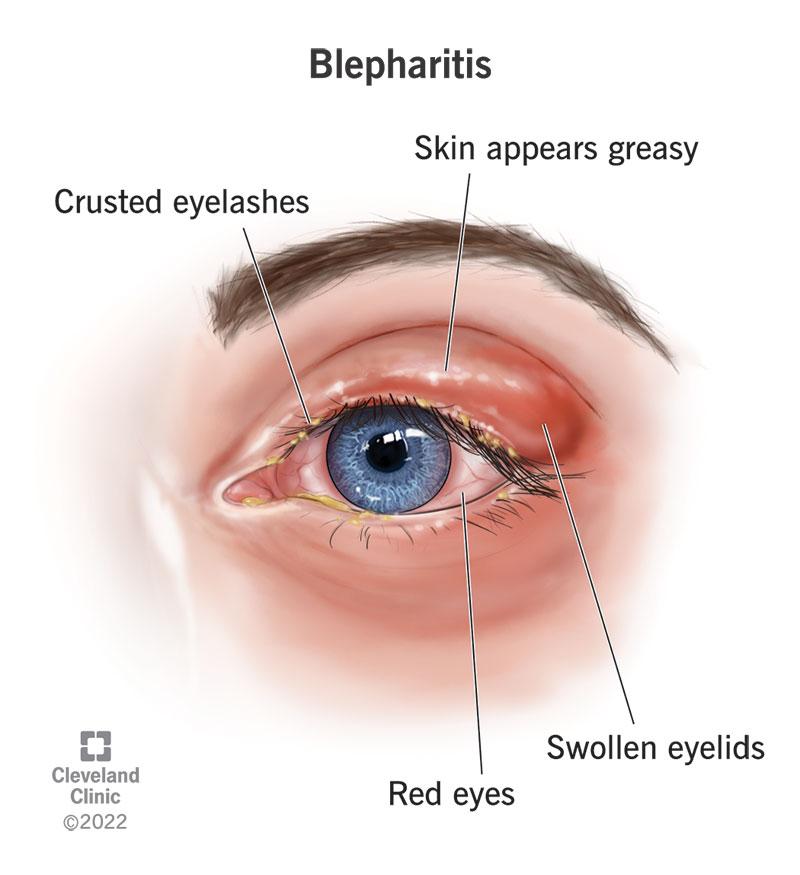As escalating violence and political turbulence continue to grip the Sahel region, a new report from the Armed Conflict Location & Event Data Project (ACLED) sheds light on the alarming spread of conflict and instability beyond the borders of Burkina Faso, Mali, and Niger. Once seen as isolated flashpoints in a broader narrative of insecurity, these countries are now at the epicenter of an expanding crisis that threatens to destabilize surrounding nations and exacerbate humanitarian challenges. As local grievances, militant activities, and violent extremism converge, the implications are profound, not only for the Sahel but for regional and international security. This article delves into the dynamics of the situation, examining the contributing factors and potential consequences of a spiraling conflict that shows no signs of abating.
Conflict Escalation in the Sahel Region Heightens Humanitarian Crises
The recent surge in violence across the Sahel region has reached alarming levels, with humanitarian emergencies multiplying as conflicts spill over from Burkina Faso, Mali, and Niger. Armed groups, taking advantage of political instability and economic despair, are increasingly targeting civilian populations. This perpetuates a cycle of violence that exacerbates already dire conditions for millions. Recent reports indicate that over 18 million people are in need of humanitarian assistance in the Sahel, a stark reminder of the region’s escalating crisis. With infrastructure severely damaged, access to essential services such as health care and education is becoming increasingly limited.
Moreover, the repercussions of prolonged instability are evident in the growing displacement crisis. An estimated 3 million people have been forcibly displaced due to violence, leading to strained resources in host communities and overwhelming humanitarian organizations. As the situation deteriorates, the challenges faced by aid workers intensify, making it crucial for international intervention. A comprehensive strategy addressing both immediate humanitarian needs and long-term stability is essential to prevent further conflict and alleviate the suffering in the region. The following table highlights key statistics related to the crisis:
| Indicator | Statistic |
|---|---|
| People in need of assistance | 18 million |
| Internally displaced persons | 3 million |
| Countries affected | 3 (Burkina Faso, Mali, Niger) |
Drivers of Political Instability and Extremism in Burkina Faso, Mali, and Niger
The recent surge in political instability across Burkina Faso, Mali, and Niger can be attributed to a multitude of interlinked factors that have exacerbated the humanitarian situation. Fragmented governance has left significant power vacuums, with local militant groups exploiting these gaps to expand their influence and conduct violent campaigns against both state and community targets. Additionally, the swift deterioration of security due to escalating attacks by jihadist factions has created a pervasive atmosphere of fear, contributing to mass displacements and a breakdown in social cohesion. The role of external actors further complicates matters, as regional powers and global counter-terrorism initiatives often exacerbate existing conflicts rather than alleviate them.
Economic despair is another critical driver of instability, with rampant unemployment and declining living conditions prompting many young men to join extremist groups as a means of survival or a quest for belonging. This economic disenfranchisement is compounded by historical grievances and ethnic tensions, leading to a volatile mix that fuels recruitment for militant organizations. The increasing climate-related shocks, such as droughts or floods, have further strained resources, prompting competition over land and water that often ignites violent confrontations among local communities. As these issues intersect, a precarious environment emerges, nurturing the seeds of extremism and pushing the already fragile states toward a deeper crisis.
Strategic Recommendations for International Response and Regional Cooperation
The current wave of conflict and disorder emanating from the Sahel region presents a pressing challenge that demands immediate and coordinated international action. Governments and organizations involved in the area should prioritize establishing a robust, multilateral framework focused on security and humanitarian aid. Essential actions include:
- Increasing funding for regional security forces to combat insurgency and facilitate peacekeeping efforts.
- Enhancing intelligence-sharing systems to improve response times and effectiveness against militant groups
- Supporting community-based programs to mitigate grievances and foster local resilience against extremist narratives.
Moreover, fostering collaboration among regional stakeholders is imperative for sustained stability. A platform for dialogue involving Burkina Faso, Mali, and Niger must be strengthened, perhaps through the African Union or Ecowas, to address inter-state tensions and promote collective security initiatives. Key recommendations should encompass:
- Initiating joint military operations to eliminate cross-border threats effectively.
- Developing economic partnerships that encourage trade and job creation, addressing underlying socioeconomic issues fueling unrest.
- Facilitating educational and cultural exchanges to build trust and understanding among diverse ethnic groups in the region.
The Conclusion
As the situation continues to evolve in West Africa, the ramifications of escalating conflict in Burkina Faso, Mali, and Niger are becoming increasingly evident. The insights provided by the Armed Conflict Location & Event Data Project (ACLED) underscore a concerning trend of instability that threatens to extend beyond national borders, potentially affecting regional security and humanitarian conditions.
International stakeholders, including governments and humanitarian organizations, must acknowledge the urgent need for collaborative efforts to address the root causes of this turmoil and prevent further deterioration. With a rising tide of violence, displacement, and human suffering, the imperative for a concerted response has never been clearer.
As we move forward, it is crucial to remain vigilant and informed about the ongoing developments in this volatile region, as the impacts of conflict in West Africa will likely resonate far beyond its frontiers. The world watches closely, hoping for a resolution that brings peace and stability to a region in desperate need of relief.

